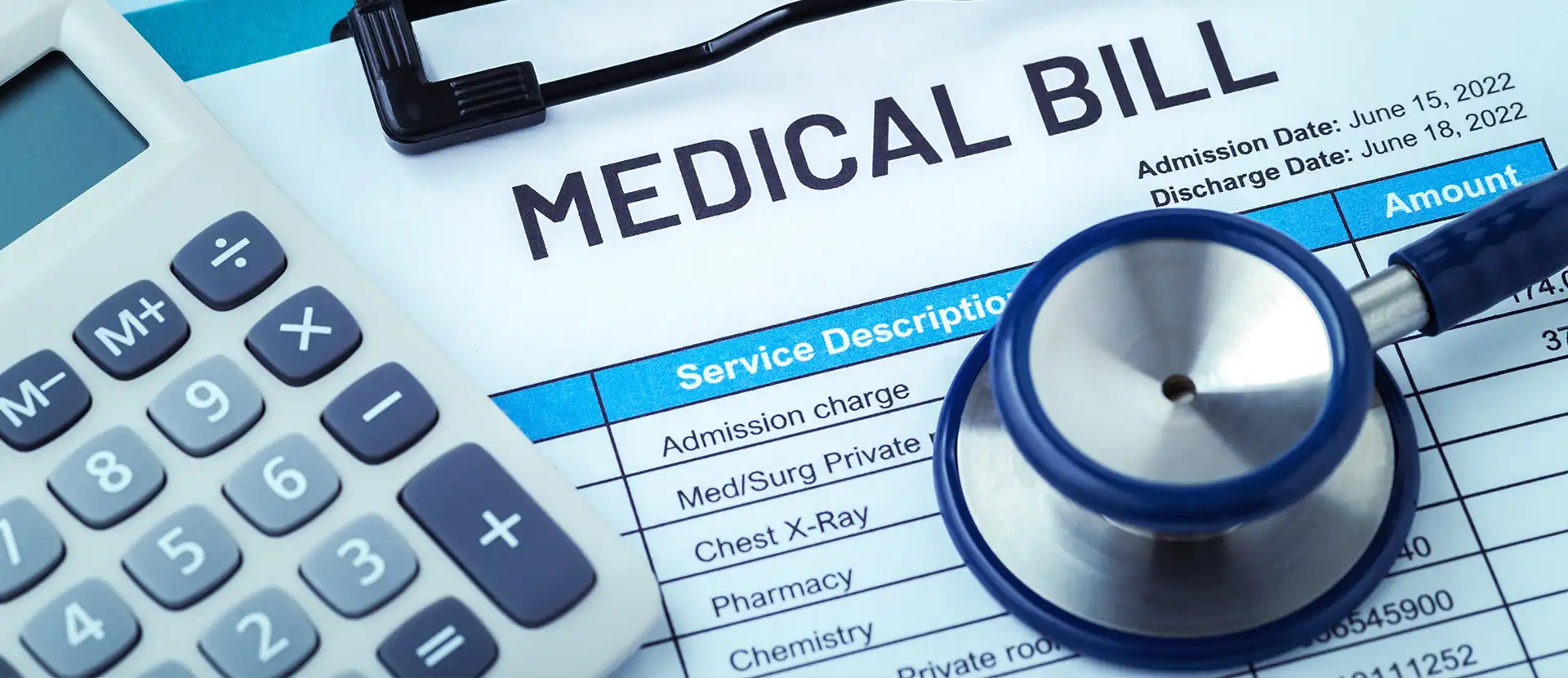Budget and track expenditures
Conduct regular financial audits
2. Regularly auditing your financial health to check uncontrolled spending, investment performances, and wealth accumulation is essential. Also, periodically audit your credit reports to detect any errors or anomalies that could negatively impact your credit scores. In case of discrepancies, it’s crucial to initiate a dispute promptly to preserve a favorable credit status.
Another aspect of financial audits is monitoring interest rates, which impact the interest rate on credit cards, revolving lines of credit, and some loans that high-earners may carry. The higher the interest rate, the more the credit will cost over time.
Avoid unnecessary debts
Maintain an emergency fund
4. An emergency fund can be a safety net to cover unexpected expenses. Emergency funds provide a financial buffer that prevents the need to take on high-interest short-term debt, which could lead to a potential credit crisis.
Stay insured
5. Maintaining appropriate insurance policies to protect against unforeseen circumstances that may cause financial hardship is crucial. These include health insurance, disability insurance, liability insurance, property and casualty insurance, and long-term care insurance to protect assets against unforeseen legal judgments or collections.
Engage in Financial Education
6. Everyone must should continuously educate themselves about personal finance, investment strategies, tax laws, and other relevant topics to make informed financial decisions and prevent financial mishaps that could lead to a credit crisis.
Hire a financial professional
7. A financial professional can provide professional guidance on managing wealth and debt, tax planning, retirement planning, and other financial aspects. They provide valuable advice and strategies to help individuals work toward their goals while addressing credit issues they may have.




